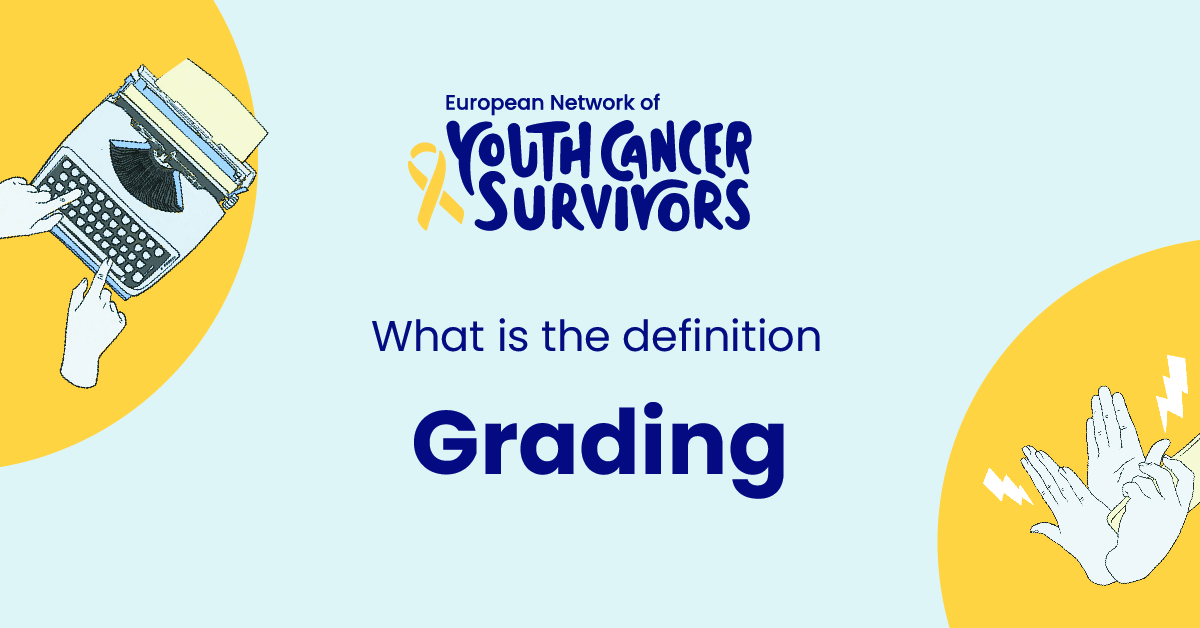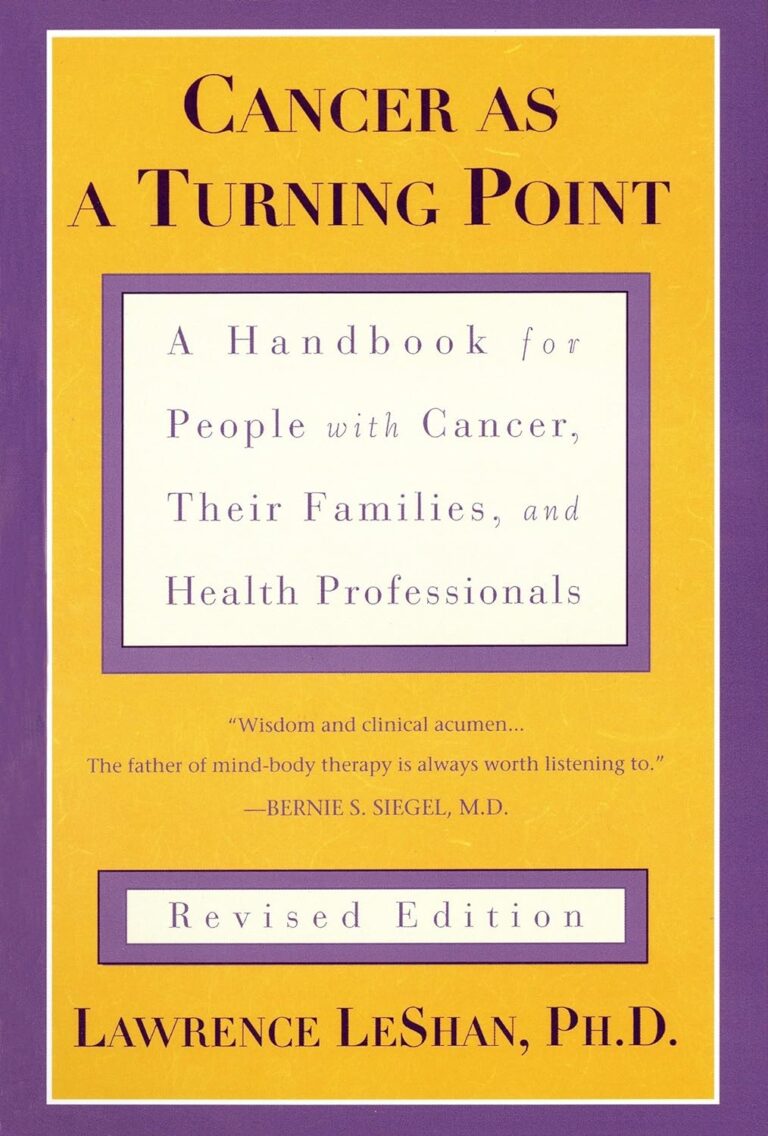
Grading systems present a quantifiable measure for evaluating performance, be it in education, career competency, or health care. They serve various purposes and are implemented through different approaches. However, the utility and impact of grading systems have been subjects of both considerable praise and criticism. This comprehensive guide aims to delve into the understanding, types, importance, and criticisms of grading systems and addresses their relevance in real-world contexts, including healthcare.
Understanding the Concept of Grading
Grading implies assigning values, often in terms of letters or numbers, to indicate the performance level of an individual. It is mainly used in academic settings as an evaluation parameter to determine learners’ understanding, accountability, and competency about a subject.
The primary purpose of grading, in general, is to provide feedback on performance. In a scholarly situation, it offers a useful measure for students and their mentors to evaluate and monitor the skill and knowledge acquired, thereby facilitating continuous growth and development.
Overview of Different Types of Grading Systems
There are several types of grading systems, each having its own set of standards, strengths, and drawbacks. The most commonly used are Absolute Grading, Relative Grading, and Hybrid Grading Systems.
Absolute Grading
In Absolute Grading, learners are evaluated based on predefined standards without considering the performance of other students. The focus here is on individual achievement and knowledge application.
Relative Grading
Also known as Grading on a Curve, Relative Grading uses the performance of a group of learners to assess individuals. It helps identify high performers in a batch but may not objectively measure individual learning and comprehension.
Hybrid Grading Systems
Hybrid Grading Systems combine elements of both absolute and relative grading. They provide an all-encompassing approach, taking into account individual performances and comparative assessment. However, the variance in standards can make the grading process complex.
Importance of Grading
Grading plays a crucial role in the education system, not only as a means of evaluation but also as a motivator for enhanced performance and growth. When used constructively, grades can motivate students to strive for excellence. They can help identify areas of strength and highlight areas needing improvement, thereby guiding self-development and progress.
The impact of graded evaluation extends beyond academic accomplishments. Grades can help shape a learner’s attitude towards learning and influence their self-perception, which can significantly impact their overall cognitive, emotional, and social growth.
Grading and Its Relevance in the Real World
Grading isn’t confined to educational settings; its principles apply to various facets of the real world, including job competency evaluations and healthcare. In a work environment, grading can help assess employees’ competence, set performance expectations, and identify areas for development.
Grading in Healthcare – Medical Diagnosis and Treatments
In healthcare, grading plays a critical role in diagnosis and treatment. Grading systems such as those used for tumors, help physicians classify the severity of a disease, dictate therapeutic strategies, and predict patient outcomes. These grading scales effectively contribute to informed clinical decisions and patient-centric care.
Get to know us better
If you are reading this, you are in the right place – we do not care who you are and what you do, press the button and follow discussions live

Criticisms of Grading Systems
Despite their benefits, grading systems have received their fair share of criticism. Detractors argue that grading can create unhealthy competition, induce stress, and affect psychological well-being. A low grade might demotivate and discourage learners, potentially leading to a negative self-image and decreased enthusiasm for learning.
Alternative evaluations like competency-based assessments, self-assessments, or peer assessments are proposed as substitutes to grading. These alternatives focus on comprehensive feedback and development rather than mere evaluation, thereby promoting a more nurturing learning environment.
Conclusion
In conclusion, grading plays a pivotal role in various fields, from education to healthcare. While it serves as an essential tool for evaluating performance and aiding growth, its application warrants careful and constructive approach. Future methodologies should consider integrating grading with alternative assessments, to provide a holistic developmental framework and mitigate potential drawbacks associated with grading.
FAQs
- What does the term “grading” mean?
Grading refers to the process of assigning values to individual performance based on predefined criteria or standards.
- What are the different types of grading systems?
The three main types are Absolute Grading, Relative Grading, and Hybrid Grading Systems.
- How does grading influence student performance and growth?
Grading can help identify strengths and areas needing improvement, acting as a guide and motivator for student growth. However, it may also create pressure, influencing students’ attitude and self-perception.
- What’s the relevance of grading in healthcare assessments?
In healthcare, grading helps in disease classification, defining therapeutic strategies, and predicting patient outcomes. It plays a crucial role in making informed clinical decisions.
- Are there any potential drawbacks to the grading system? Can they be mitigated?
Grading might induce stress, create unhealthy competition, and negatively impact psychological well-being. Possible mitigation strategies involve integrating grading with alternative assessments like competency-based evaluations or self and peer assessments.

















Comments
Thank you. Comment sent for approval.
Something is wrong, try again later